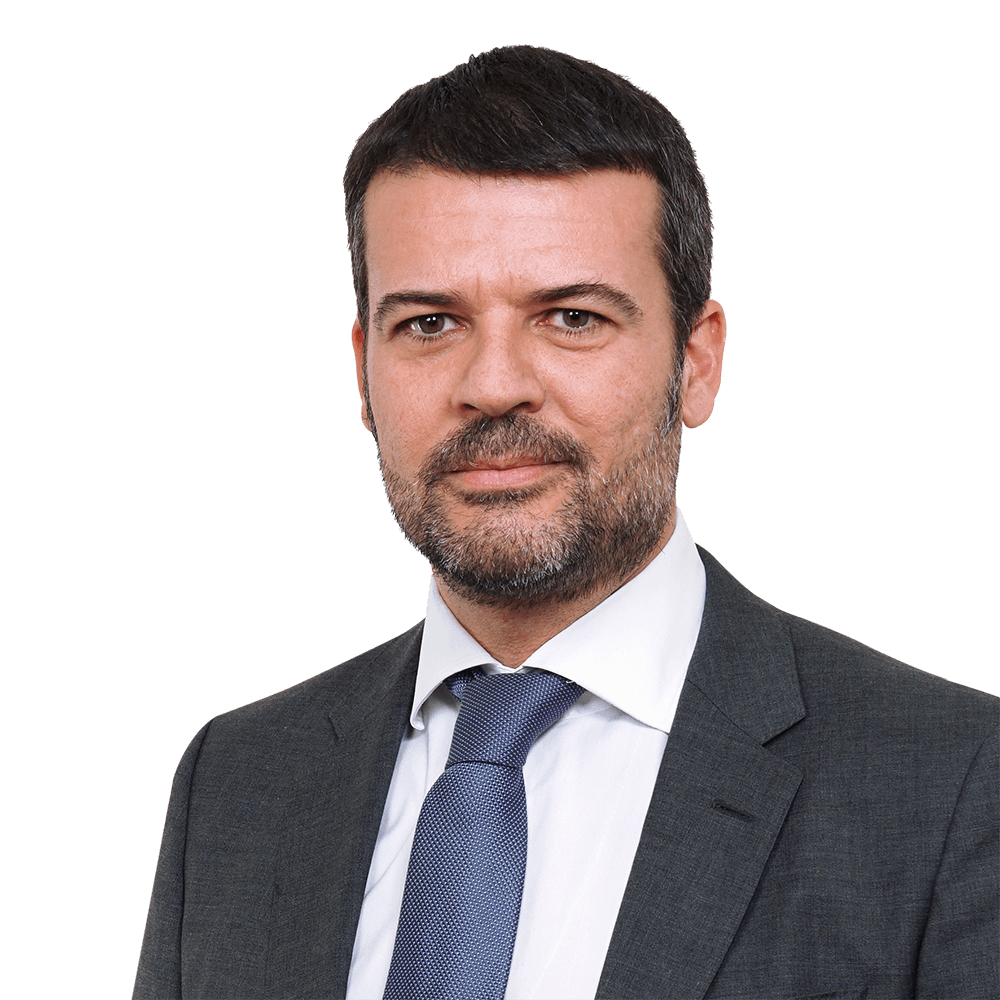Jurisprudential novelties regarding article 348bis of the Spanish Companies Law
Published on 27th July 2021
Article 348bis of the Spanish Companies Law has generated an intense doctrinal and jurisprudential debate over recent years, especially after entering into force on 1 January 2017; although it is currently suspended due to the COVID-19 health crisis. The latest judgements of the Supreme Court seek to clarify certain doubts on this controversial article.
Article 348bis of the Spanish Companies Law ("SCL") regulates the right of withdrawal of shareholders in the event of non-distribution of dividends. The aim of this article is to reinforce the individual right of shareholders to the dividend and protect minority shareholders against the "despotic rule of the majority." Recent jurisprudential pronouncements of the High Court contribute to resolve some of the issues surrounding this problematic article.
No need to vote in favour of dividend distribution
Judgement 663/2020, dated 10 December 2020, of the Supreme Court analyses whether the exercise of the right of withdrawal in case of failure to distribute dividends requires the favourable vote of the shareholder regarding such distribution. The case under the aforementioned judgement analyses the previous wording of article 348 bis SCL as provided by Law 25/2011 of 1 August (Spanish Official Gazette, in Spanish). The minority shareholders exercising their right of withdrawal voted against the proposal to allocate profits to voluntary reserves, expressly stating that such profits should be applied to dividends although this item was not included on the agenda of the Meeting.
The Supreme Court understands that the precept did not require, despite its apparent literality, that there should have been an express vote in favour of said distribution by the shareholder seeking to exercise his right of withdrawal. Among other things, because the management body is the body in charge of drawing up the agenda for the shareholders' meetings and may not include a specific mention of the distribution of dividends and only make a generic reference to the application of results.
Consequently, the Supreme Court concludes that the vote against the proposed application of results is sufficient when it is used for purposes other than the distribution of dividends. This conclusion is reflected in the current wording of article 348bis SCL, which provides that the shareholder who has recorded its objection regarding the insufficiency of the dividends in the minutes shall have the right to withdraw if the general meeting does not resolve on the distribution of dividends of at least twenty-five per cent of the profits obtained during the prior financial year that are legally distributable, provided profits have been obtained during the three preceding financial years.
Concept of "preceding financial year"
Judgement 104/2021, dated 25 February, of the Supreme Court resolves another interesting issue regarding the concept of "preceding financial year" referred to in article 348 bis SCL. In the case under analysis, the annual accounts of the three preceding financial years were approved at the same meeting, but there were profits only in the first of them. The general shareholders' meeting resolved to allocate the profits of the first year to reserves and one of the minority shareholders exercised his right of withdrawal because dividends were not being distributed. He considered that the reference to "preceding financial year" in article 348 bis SCL should be understood with respect to any financial year for which the accounts are submitted for approval at the meeting (and not only with respect to the financial year immediately prior to the date of the meeting).
The Supreme Court understands that the literal wording of article 348 bis SCL, both in the wording applicable to the case and in the current one, expressly mentions the "preceding financial year". Likewise, it establishes that said article shall be interpreted in the light of articles 253, 272 and 164 of the SCL (regarding the drawing-up and approval of the annual accounts). It follows that the legal regulation is based on the annual review of the annual accounts for the immediately preceding financial year and, therefore, it is an anomaly to approve the annual accounts on a cumulative basis.
However, in extraordinary cases such as the case of the aforementioned judgement, would not the rights of minority shareholders be prejudiced? The Supreme Court alleges that the legal system provides other mechanisms of protection for minority shareholders, such as the right to address a Court clerk or Commercial Registrar to request the call of a general meeting or to challenge corporate resolutions; since "(…) one thing is that the rule intends to protect minority shareholders against the majority and another is to artificially extend the period established by law to be able to exercise the right of withdrawal.
Consequently, the Supreme Court concludes that the concept of "preceding financial year" refers exclusively to the year immediately preceding the resolution regarding the non-distribution of profits and, therefore, the right of withdrawal shall be exercised only in relation to the annual accounts for the financial year prior to the date on which the general meeting was held.
Loss of shareholder status
Judgements 4/2021, dated January 15, and 46/2021, dated February 2, of the Supreme Court analyse the controversial question of when a shareholder losses his status as shareholder after exercising his right of withdrawal. This issue has not been covered by the legislator in its last amendment and has given rise to different opinions in the doctrine. The analysis of the High Court is carried out from a general perspective, applicable to any case of withdrawal, without prejudice to the fact that the event in controversy arises from the exercise of the right contained in article 348 bis SCL.
There is a legal gap in the corporate law regarding the time of effectiveness of the right of withdrawal of a shareholder, except for the specific precept contained in article 13 of the Professional Companies Law, which provides that the exercise of the right of withdrawal is effective from the moment the company is notified. This rule, however, has always been applicable only to a very specific and special corporate type and, therefore, it has not stopped the doctrinal and jurisprudential debate on the loss of socii status.
The Supreme Court concludes that the shareholder who exercises his right of withdrawal maintains his status as shareholder until he is reimbursed for his shareholding. However, in practice, the determination of the value of the shareholding and subsequent payment is often delayed in time. What happens then? Should the shareholder who has exercised his right of withdrawal continue to participate in the corporate bodies until the effective reimbursement of his shareholding (and, therefore, the loss of his status as shareholder) takes place? While it is true that the High Court has taken a tougher stance on this controversial issue, many points remain open to discussion and they will probably be the subject of many debates among legal professionals.
In conclusion, recent jurisprudential pronouncements resolve some issues of high relevance that have been widely debated over the years around article 348 bis SCL. However, there are still many doubts generated by this controversial article that should be well regulated by the legislator given the importance of the implications the exercise of the right of withdrawal entails.





